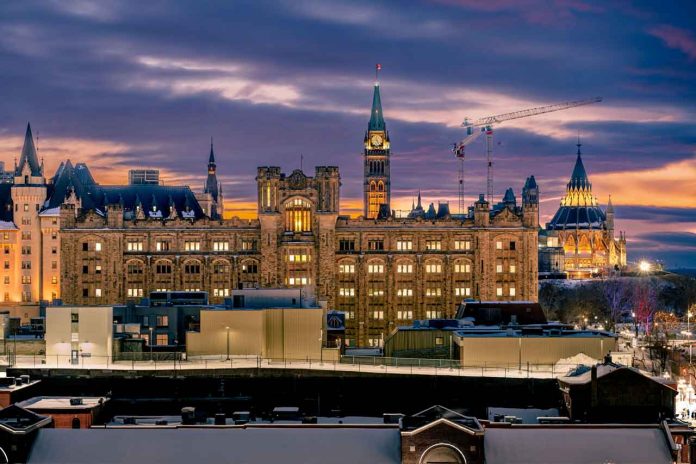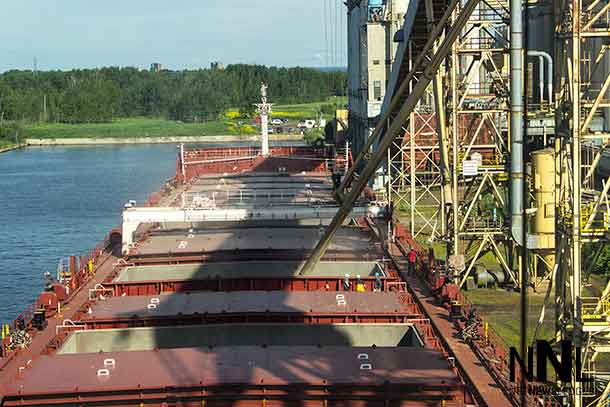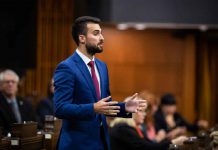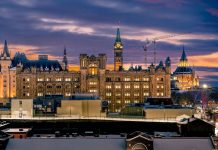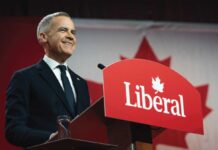Trudeau’s Alberta Cabinet Minister Resigns to Address Allegations
OTTAWA, ON – Randy Boissonnault, Minister of Employment, Workforce Development, and Official Languages, has resigned from cabinet amid mounting scrutiny over his past business ties and claims about his family’s Indigenous heritage.
Prime Minister Justin Trudeau’s Office announced the resignation on Wednesday, shortly before the Prime Minister attended Question Period.
“The member for Edmonton Centre has stepped down from cabinet to focus on clearing these allegations,” said Trudeau in the House of Commons.
Boissonnault’s departure leaves Alberta without representation in the federal cabinet. Veterans Affairs Minister Ginette Petitpas Taylor will take on his portfolio until a permanent replacement is named.
Controversy and Calls to Resign
Boissonnault’s resignation follows weeks of questions regarding his connection to Global Health Imports, a company he co-owned before entering federal politics, as well as controversy surrounding his previous claims about his family’s Indigenous ancestry.
Critics have questioned the ethics of his business dealings and the authenticity of his statements on heritage. While no formal charges have been laid, public and political pressure had been growing for Boissonnault to step down.
Trudeau, however, had defended his minister as recently as Tuesday, saying, “I am happy that Randy Boissonnault continues to lead on issues related to jobs and employment and to represent Alberta in our government.”
Boissonnault, one of only two Liberal MPs in Alberta, first won his seat in Edmonton Centre in 2015. He lost the seat in 2019 but regained it in the 2021 federal election, when he was appointed to Trudeau’s cabinet.
Political Implications in Alberta
Boissonnault’s resignation leaves the Liberal Party’s presence in Alberta on tenuous footing, with Calgary Skyview MP George Chahal as the province’s sole remaining Liberal representative in Parliament.
Chahal, notably, was part of a group of MPs who recently called for a secret ballot vote within the Liberal caucus to decide whether Trudeau should step down as party leader.
The absence of Alberta representation in the cabinet may further strain relations between the federal government and a province that has frequently criticized Ottawa’s policies, particularly on energy and the economy.
Next Steps
Boissonnault has stated he will focus on addressing the allegations against him but has not announced whether he intends to remain in Parliament.
Meanwhile, Trudeau’s government faces increasing pressure to maintain a strong presence in Alberta, a key region for both political and economic interests. Petitpas Taylor’s interim leadership of Boissonnault’s portfolio will be closely watched as the government navigates these challenges.

